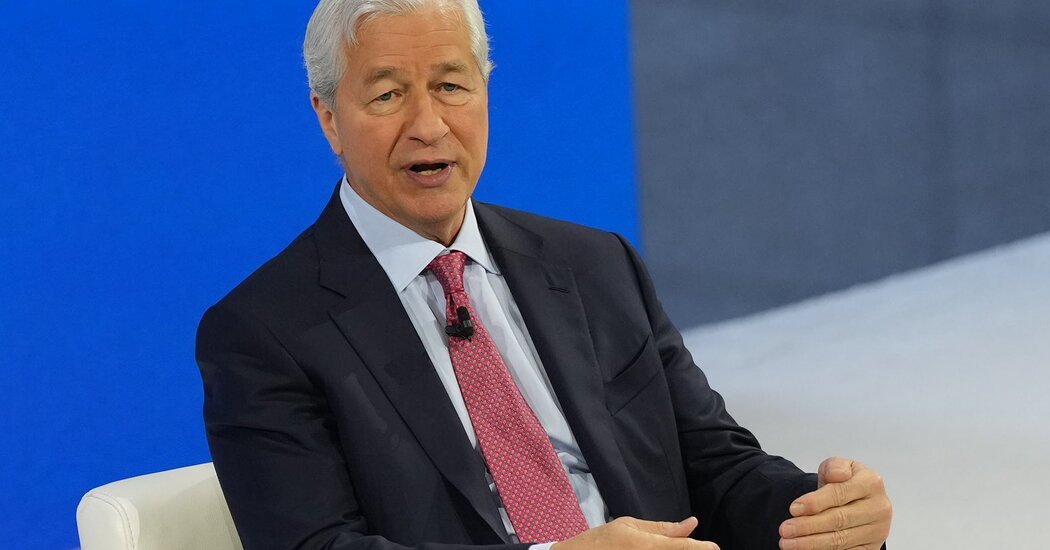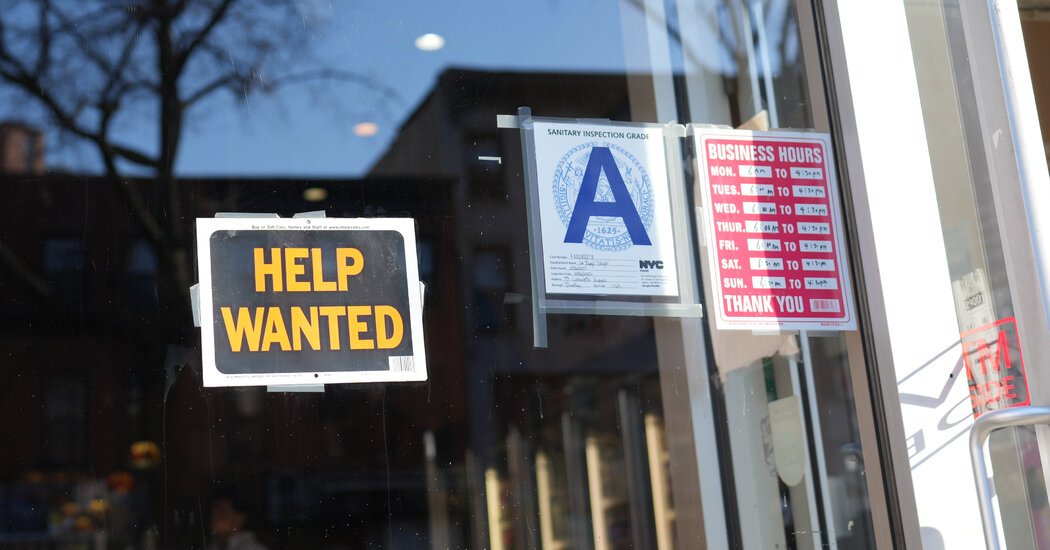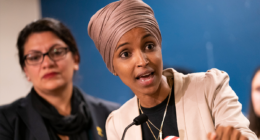Jamie Dimon, the chief executive of JPMorgan Chase, on Friday warned of an “unsettling” global landscape, highlighting a cascade of pressures, including war, rising geopolitical tensions and inflation, that threaten the economy and could weigh on the performance of the nation’s largest bank.
Mr. Dimon’s remarks — made concurrently with his bank’s quarterly earnings report, which showed weakness in some parts of the business — add to his litany of concerns about the U.S. economy as the Federal Reserve grapples with when or whether to lower interest rates, particularly in light of this week’s hotter-than-expected inflation data.
On a call with reporters on Friday, Mr. Dimon underlined his angst, describing heady financial markets as “too happy.” He said that he couldn’t predict whether the economy would enter a recession, but that “the chance of bad outcomes is higher than people think.”
Mr. Dimon is the most prominent bank leader. Not only does JPMorgan have exposure to all corners of the global economy, he’s the only major bank chief still around from the 2008 financial crisis, and his pronouncements are closely followed on Wall Street and in Washington. He was the only head of a big American lender to attend this week’s White House state dinner for Japan’s prime minister.
His gloom, however, has also been consistently at odds with strong financial markets. In late 2022, for instance, he predicted economic bumps and, potentially, a severe recession for the next year; instead, the American economy boomed in 2023.
Indeed, Citigroup’s chief financial officer, Mark Mason, speaking Friday as his own bank reported earnings, had a relatively rosy take. Mr. Mason described the global economy as “resilient” and said that while Citi expected a slowdown in economic growth throughout the year, strong consumer spending and employment data were reasons for optimism.








